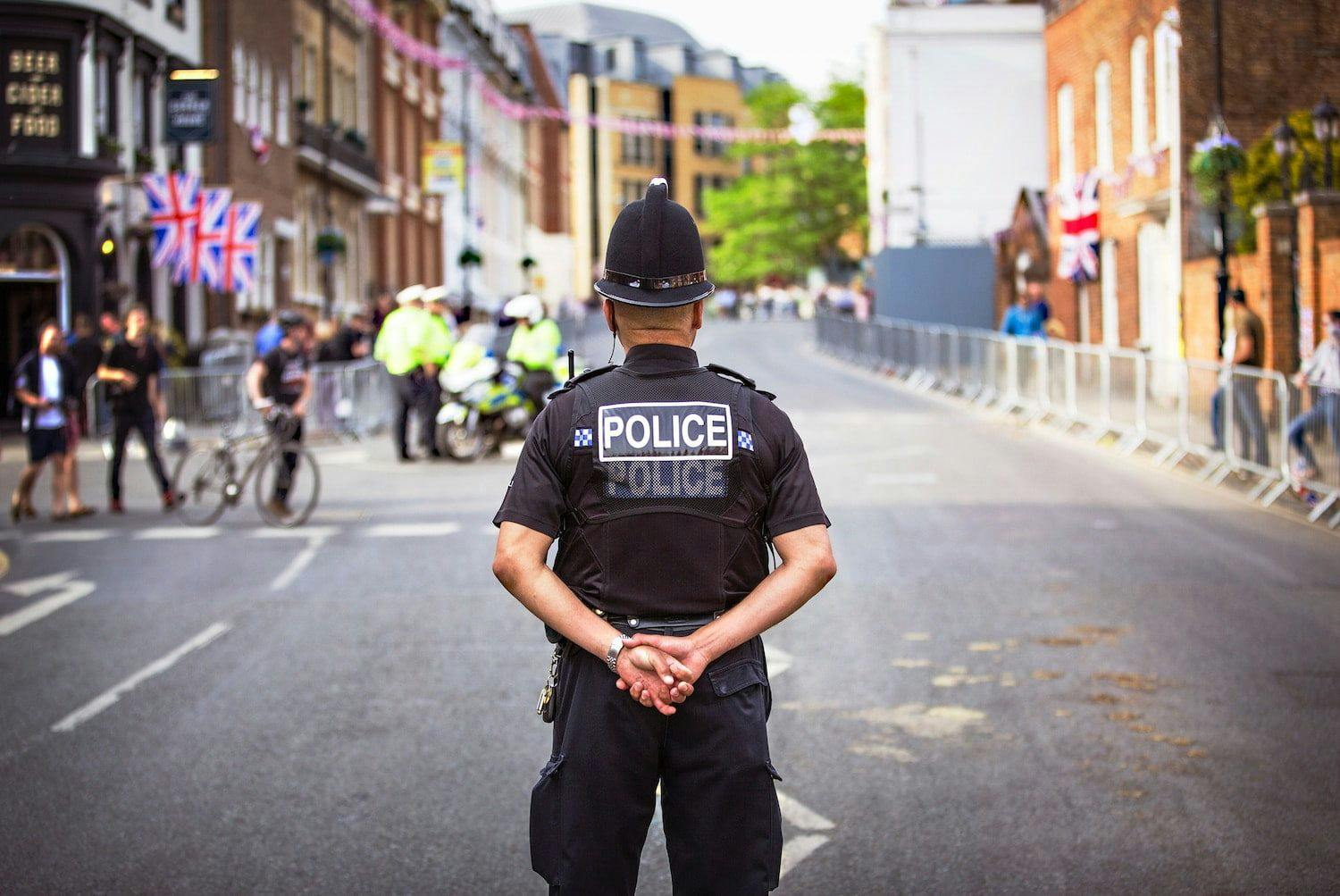Government Promises Better Mental Health Support For Police Officers
updated on Jul 18, 2019

Budget cuts and the rising demand on police forces is impacting the wellbeing of officers, a new report has revealed
The Front Line Review, conducted by the Home Office, is hailed as the largest-ever consultation with police across England and Wales. As part of the review, The Office for National Statistics independently ran workshops with members of the front line, including police officers, special constables, staff, police community support officers (PCSOs) and volunteers.
These workshops sought to understand the experience of wellbeing, leadership, professional development, and change and innovation amongst staff.
We’ve been engaging with police officers, volunteers and staff through the #FrontLineReview.
— Home Office (@ukhomeoffice) July 8, 2019
We’ve listened, and on 10 July we’ll announce the action we’re taking to make sure that they have the support they need, wherever they serve. (1/2)@NickHurdUK pic.twitter.com/9Jq8M3vO3V
Respondents described mounting pressure from case “overload”, overtime and cancelled rest days, as forces shuffle officers around different roles to plug gaps. Additionally, there was “widespread frustration” amongst the force, that officers are often left to deal with non-crime incidents (such as mental health crisis), which they felt should be dealt with by the NHS or social services.
The review also highlighted rising long-term sickness and mental health issues among officers, who reported widespread low morale and feelings of being “less able to meet their duty” to prevent and investigate crimes because of reduced resources.
Only this week, a Suffolk police officer whose incredible arrest record led him to be nicknamed ‘Robocop’ left the force over ongoing mental health issues. Sergeant Ali Livingstone announced his decision to quit on Twitter, blaming a “significant mental breakdown” in March last year.
“The last 15 months have been debilitating and devastating,” he said. “At times I've felt broken beyond repair.”
“And when your PTSD, depression and anxiety is anchored around policing you have to decide whether to carry on or not.”
I've been inundated with messages asking me why I've left the police. It's been truly overwhelming. I wasn't going to share this for a while but I guess it makes sense to do it now.#wearingmyscarsproudly #kindcops pic.twitter.com/i0bEOg4gjL
— Ali Livingstone (@AliLivingstone1) 8 July 2019
Conservative leadership frontrunner Boris Johnson has pledged to recruit 20,000 new police officers as prime minister. However, the Home Office’s review found that, while the fall in officer numbers had caused problems, “increasing police numbers is not always the solution”.
Home secretary Sajid Javid said, “Our world-leading police keep us safe in the most challenging of circumstances – so it’s vital we do everything possible to support them in their roles.
“Over the past year, we’ve been speaking to officers and listening to their views around how they can make the service they provide even better.
“As a result, we are taking action to reduce their workloads, ensure their wellbeing and give the front line a stronger voice in decision-making.”
As a result, we are taking action to reduce their workloads, ensure their wellbeing & give the front line a stronger voice in decision making.
— Sajid Javid (@sajidjavid) July 10, 2019
We have the best police in the world, and they will always have my support. (2/2)https://t.co/hOPZJD1dI5
The government has revealed a new plan to improve wellbeing, including introducing a police watchdog to inspect how forces promote wellbeing. The hope is to bring in new guidance allowing frontline officers to refuse “inappropriate requests”, review shift patterns and start talks between police chiefs and staff.
However, there are concerns that the plan will not be accompanied by the necessary funding to make these changes a reality. Figures, which were released on Tuesday, showed that total government funding for police forces in England and Wales had fallen from £8.48 billion in 2015-16 to £7.99 billion in 2019-20.
The National Police Chiefs’ Council said it would act on the review’s findings and was already taking action on the issues raised.
Chair Martin Hewitt said: “We have been clear that policing is under intense strain, which is felt acutely by those on the front line with a deeply concerning impact on their wellbeing.
“We are working with the Home Office to make the case for increased funding at the next government spending review to ease pressure and reduce crime.”
John Apter, Chair of the Police Federation of England and Wales, said, “It is now important that we all work together to ensure these recommendations prioritise mental health and well-being and become a meaningful reality for police officers.”

